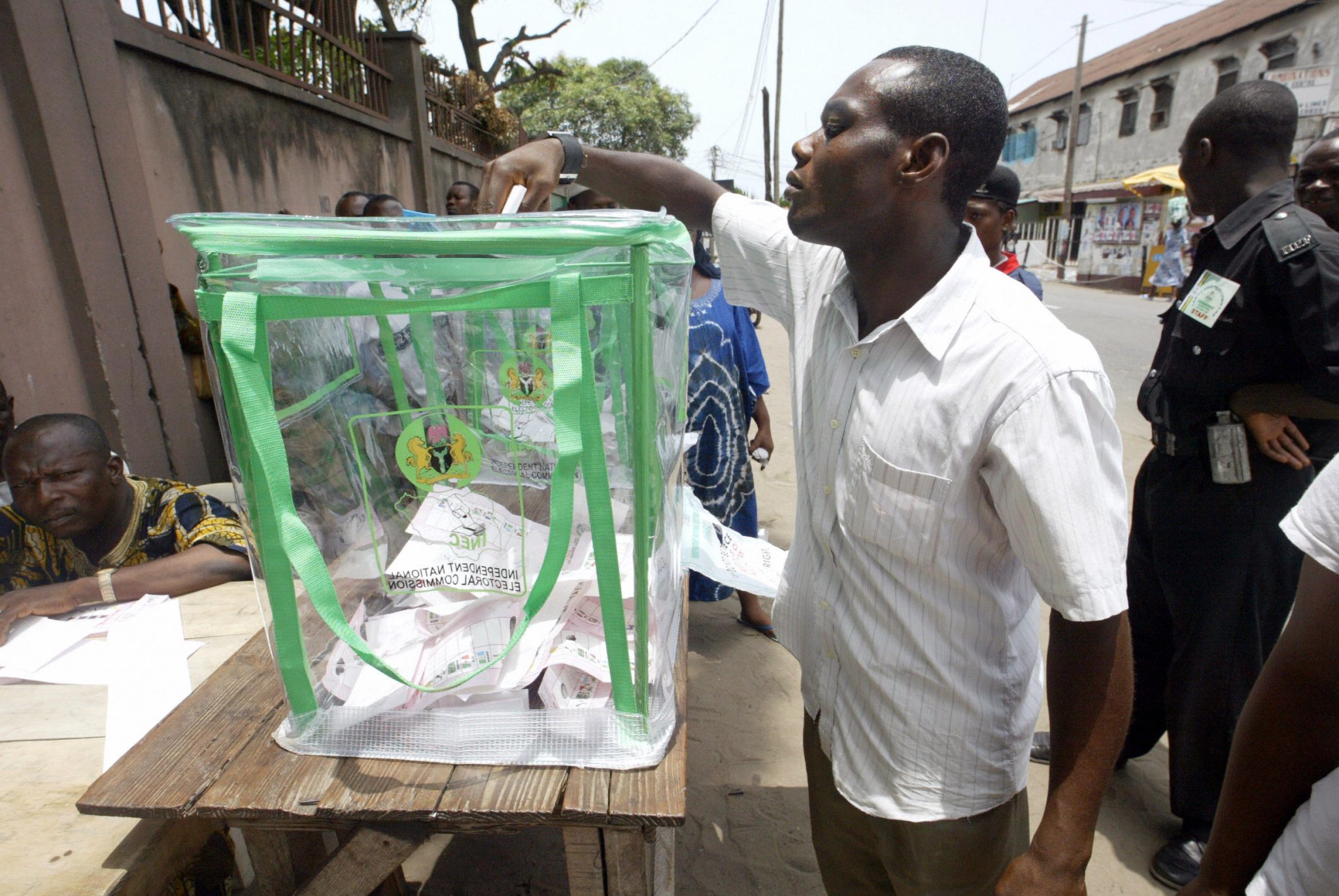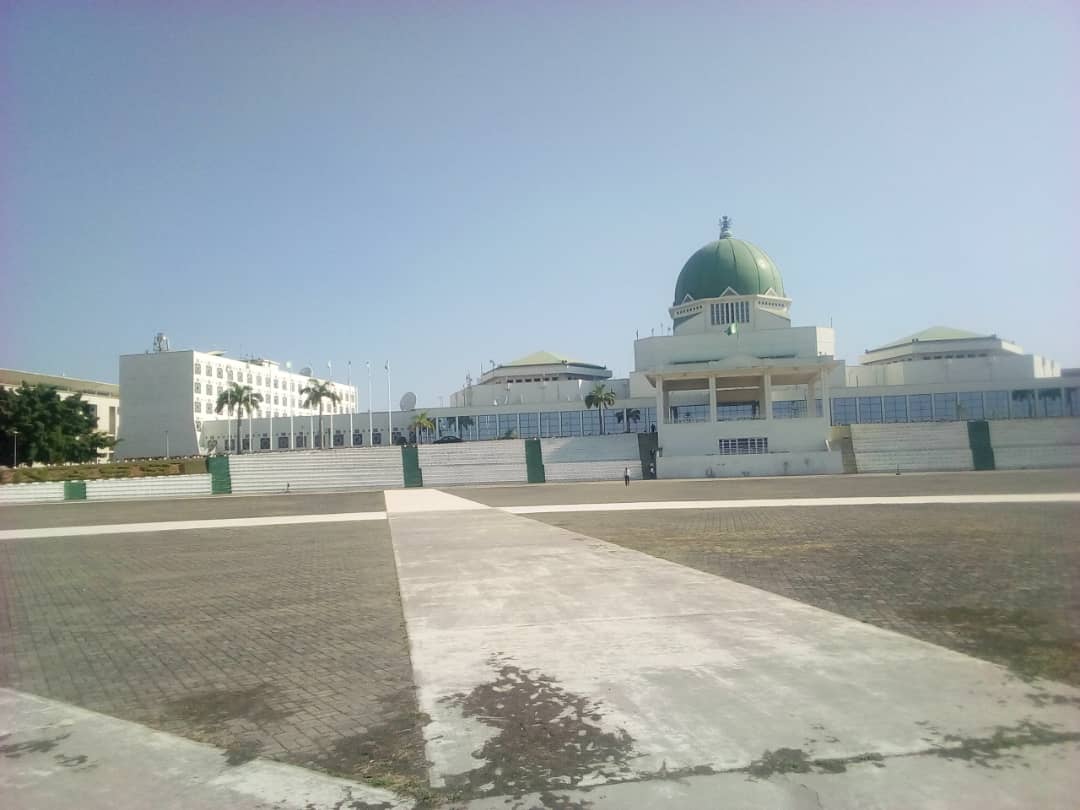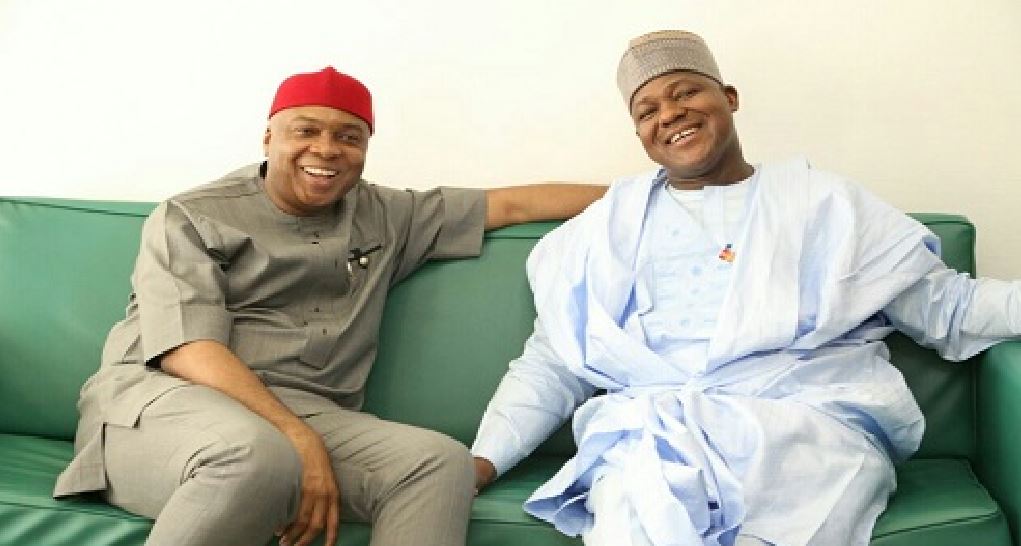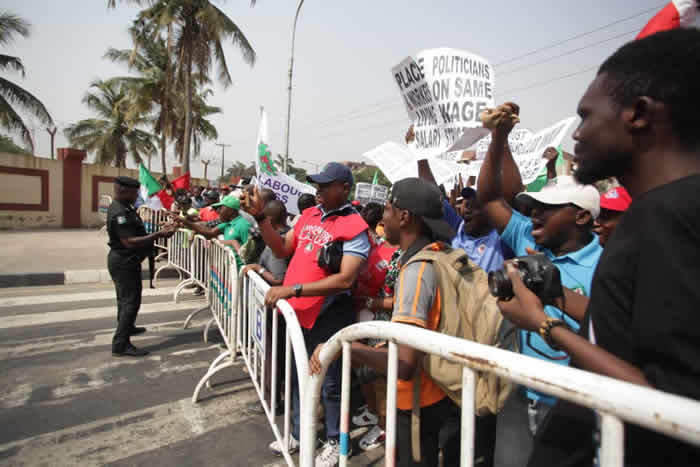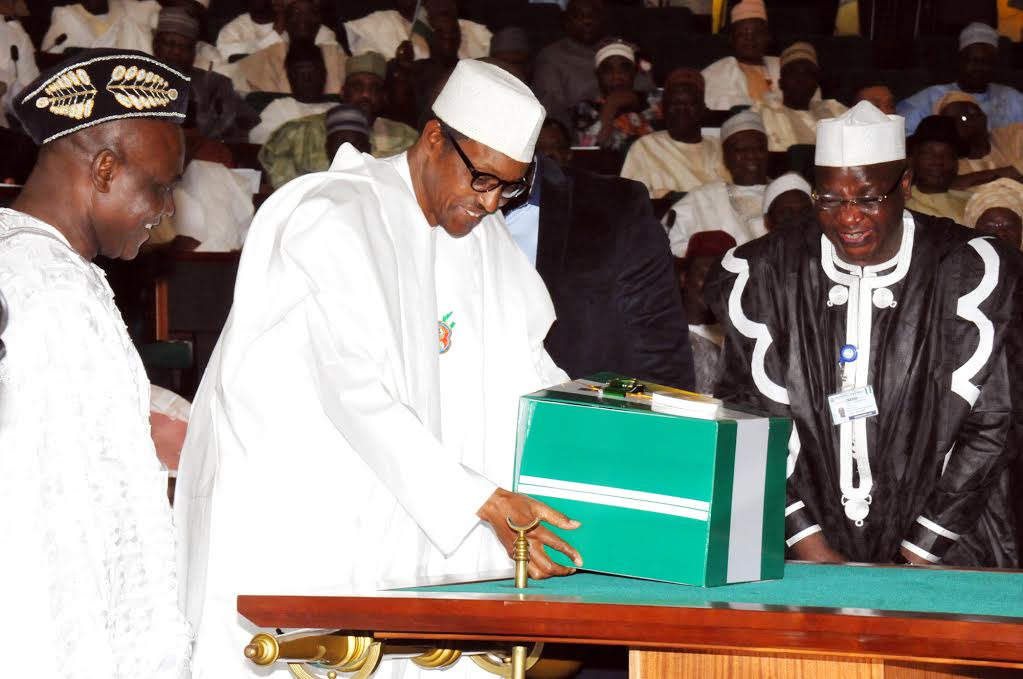…canvasses support for PDP governorship, house of assembly candidates
Senate President, Dr. Abubakar Bukola Saraki, has stated that in spite of the reported inadequacies that attended last Saturday’s presidential and National Assembly elections in Kwara State, he is wishing the candidates who emerged from the election the best of luck.
Dr. Saraki in a statement signed by his Special Adviser (Media and Publicity), Yusuph Olaniyonu, stated that while the election was generally peaceful, there were inadequacies like the card readers not used in over 70 percent of the polling units, while there were multiple voting, over-voting and other discrepancies that were reported by agents of the Peoples Democratic Party across the state.
He added that the state chapter of his party will take a position on the right response to these inadequacies.
The statement reads in part, “However, whatever the final outcome of the election, I wish the candidates that have emerged all the best in their attempts to serve our people.
“It is my prayers that the good people of Kwara State will always have the best from any government, both at state and federal levels.
“As a product of a family and a political structure that is, from its foundation, devoted to the service and development of our state and its people, it is my wish that our people will always have a good deal at all times.
“The new development will even provide the people the opportunity to compare and contrast. After all, the people who have emerged from last Saturday’s election are not my enemies. They are fellow Kwarans.
“As we prepare for the March 9, 2019 governorship and House of Assembly elections, let me reiterate my position that the candidates of the PDP in the election represent the best materials for our dear State, Kwara.
“Therefore, I enjoin our people to come out en mass on election day and vote for them.
“I am going to work with our party leaders to further sell the PDP candidates to the general public.
“I thank all Nigerians for their goodwill and to enjoin all of us that as we patiently await the outcome of the presidential election, we pray for peace, unity and genuine development in our country.
“It is also our prayers that at all times, the wish of the people will always prevail in the choice of the leadership and the electorate will always enjoy the benefit of good governance.”
